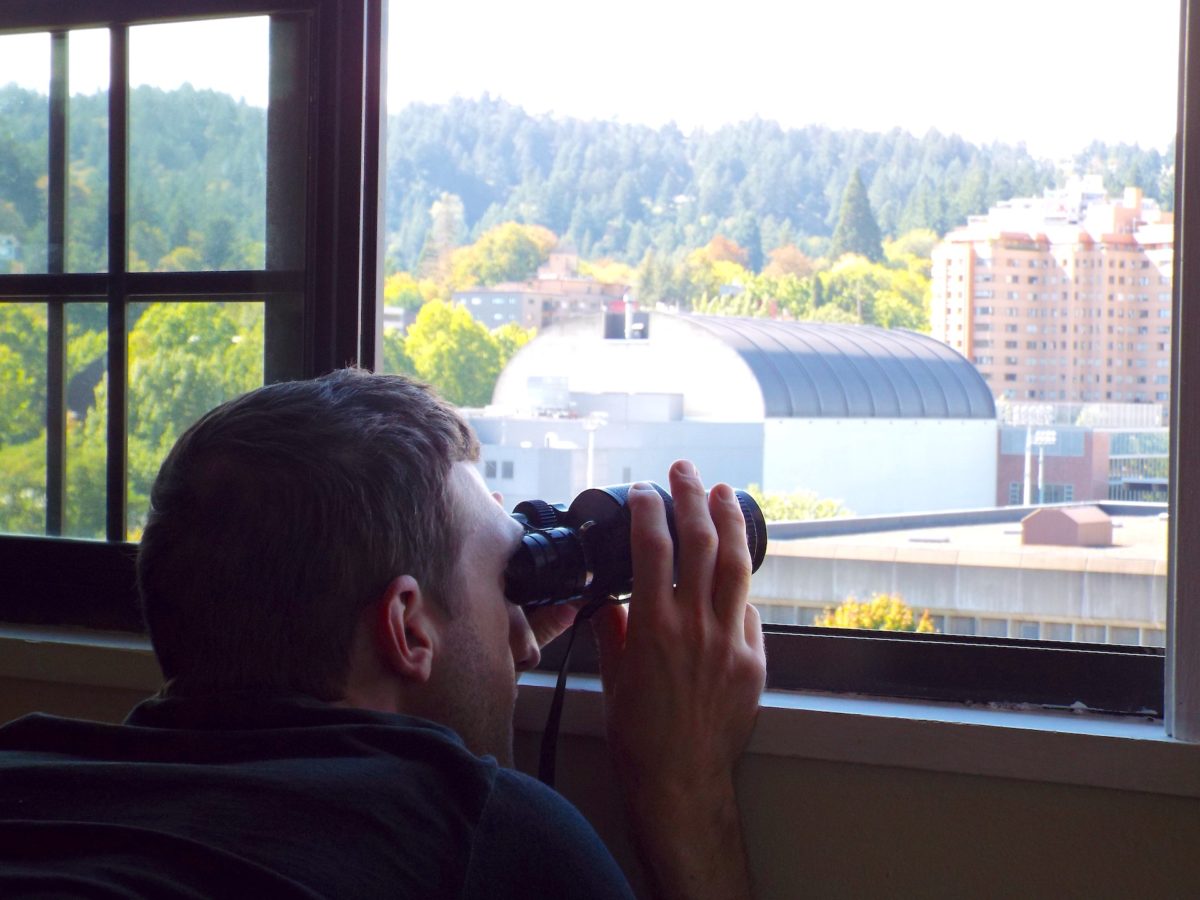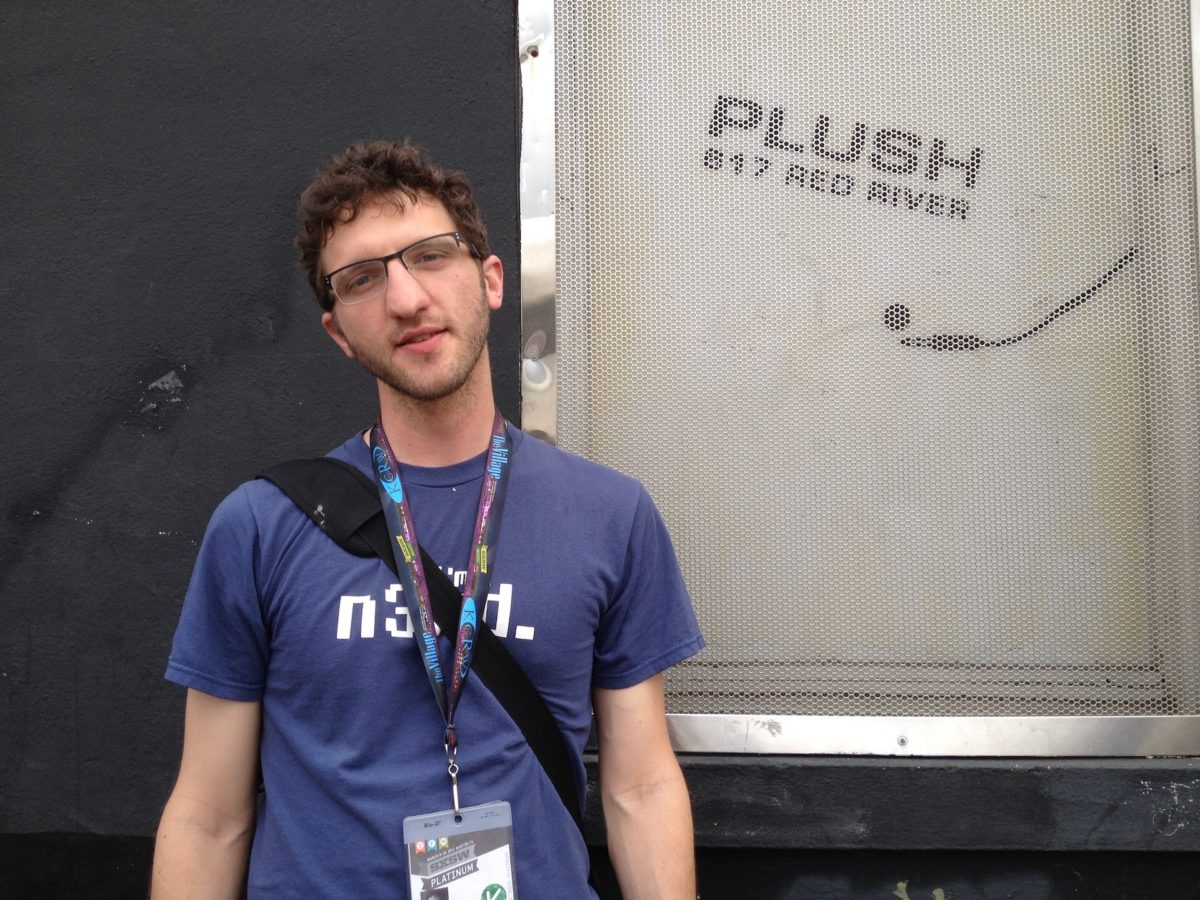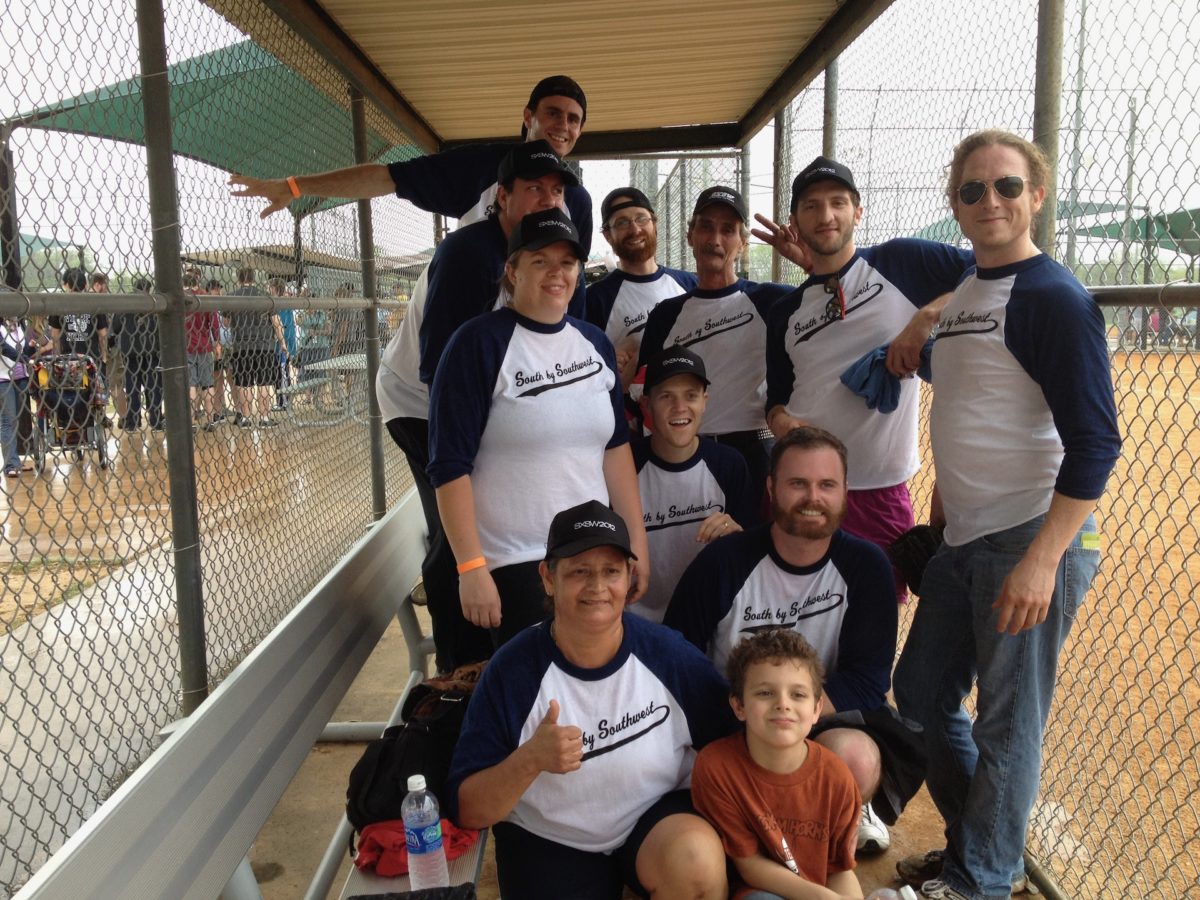Part 2
Through Sound and Festivals
I studied audio engineering in North Hollywood at Sound Master Audio/Video Institute. Founded in 1972 by the late Brian Ingoldsby on “studio row” of Magnolia Blvd, it was an old breed of unaccredited trade school, where job placement is part of the program. The industry thrived in the height of Brian’s career. He was a pioneer, actually, in engineering and business. Thirty years later, however, the school was barely surviving through the decline of an industry that had dominated the Los Angeles valley.
Graduating in the summer of 2002, digital production was on the upswing and producers were moving into their homes. Automation and the elimination of massive analog tape machines meant fewer hands on deck. Brian’s program was built on the model of an engineer, an assistant, and a tape recordist, all being directed by a Producer. We had already entered the era of the producer-engineer, in which all jobs were absorbed by a single talented Producer.
That was my dream, to be like Nigel Godrich. I wanted to produce my own music and shape the sound of other bands. It wasn’t a job I was looking for, but preparation to command my own studio. That is however youthful egoistic thinking. I should have been prepared to hustle hard enough to work in a studio and build some credibility.
Even television studios today have eliminated positions like camera operator, using remote systems from the control room. Once considered a mainstay studio job, the camera operator has become acutely obsolete in the context of Covid response-based entertainment, where the webcam has replaced the studio altogether.
It is wise to spot trends in the moment. Many of my shortcomings were from lack of foresight. In the year following my audio studies, I found distractions, like joining the anti-war movement, discovering book stores and coffee shop open mics. It was a period of self-discovery through media, especially books.
I passed High School without reading any assigned books, except Catcher in the Rye. I hated everything about school. Then I grew up. This love of learning was new to me. I was journaling and buying up used books with the excitement that I used to have only for music. I began to identify as a writer at heart.
I was always awkward in a city that demands smooth. I was not socially secure enough to break through in Los Angeles. That is a matter of fact. When personal and financial shortfalls compound, most people start looking for a new place, and a new plan.
I started noticing Portland, Oregon inside indie music CD jackets, like Sleater-Kinney. When I learned it was an epicenter for indie music, I was enticed, realizing it was alternative to the more hip, expensive parts of LA. I was still living where I was born. Oregon was uncharted territory.
At that time, Los Angeles was all about the Silver Lake district — Beck lived there. All I had to do was cross the valley to move there. Portland was damn near cross country.
Then I compared the rental rates and that tipped the balanced. Portland was much more affordable, but it also seemed like a new frontier, and Los Angeles was always going to be the major west coast city. So I gambled my life on Portland.
I entered Portland Community College for the winter term of 2004, to pursue the Associate of Arts Degree, the most comprehensive between three choices. I would graduate in 2007. This made up for not getting to walk in high school. I flunked english even though it was taught by the football coach. Had to finish in summer school.
College gave me a lot of opportunities to write. I would always choose the research essay assignment, and lots of courses in philosophy and anthropology. To research and investigate a topic, for truth, this is when I began to think like a journalist.
I also took music classes, finally learning theory and correct performance technique. My college years were also my entrance into the music scene. Notably, the first band that I joined was a metal band called Danava (Kemado Records). I was there for the beginning of that, in 2004, touring the west coast with Glass Candy, and the Chromatics.
I was never meant to be a permanent member of that band. And no band is permanent. Bands just come and go at the indie level. I rode many bands through their course. In the case of Danava, Greg Melaney replaced every member. It is his baby.
In 2006, I decided to volunteer at KBOO Community Radio, to gain real life experience working in a studio. It turned out to be a portal into many things. From then through 2011, I was a ubiquitous figure in the studio. I became a key-holding volunteer engineer, on-air talent, producer, fundraiser, and refrigerator raider.
I got to see a bustling community station that produced original news and talk shows while fulfilling a diverse representation of music. KBOO is a media company in its own right. Like many things in Portland, the station punched above its weight, for many years.
Almost all of the content that I produced was arts-related, rarely dipping into politics. I was definitely influenced by the hard left politics that ran the station. I resisted Bush, I kept my head in the game. I had my views, but there were plenty of people better prepared to discuss current events than myself.
My favorite work would be the field documentaries about the T:BA Festival and Portland Jazz Festival. I acted as Engineer in Charge of operations for the remote broadcast from the Pickathon music festival. This single morning broadcast gave me backstage access for the whole Pickathon weekend, in 2010. This was high level work, but it was volunteering, so flexibility and freedom kept it fun.
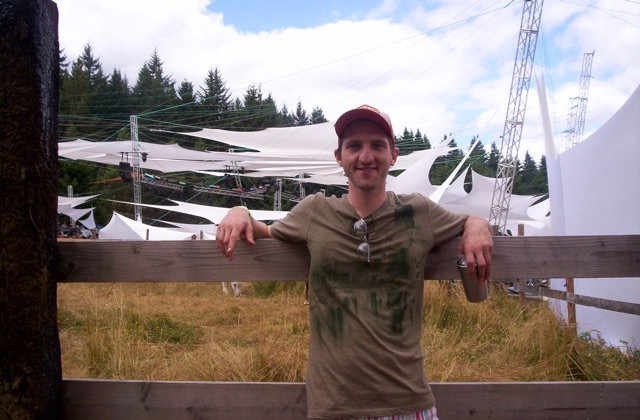
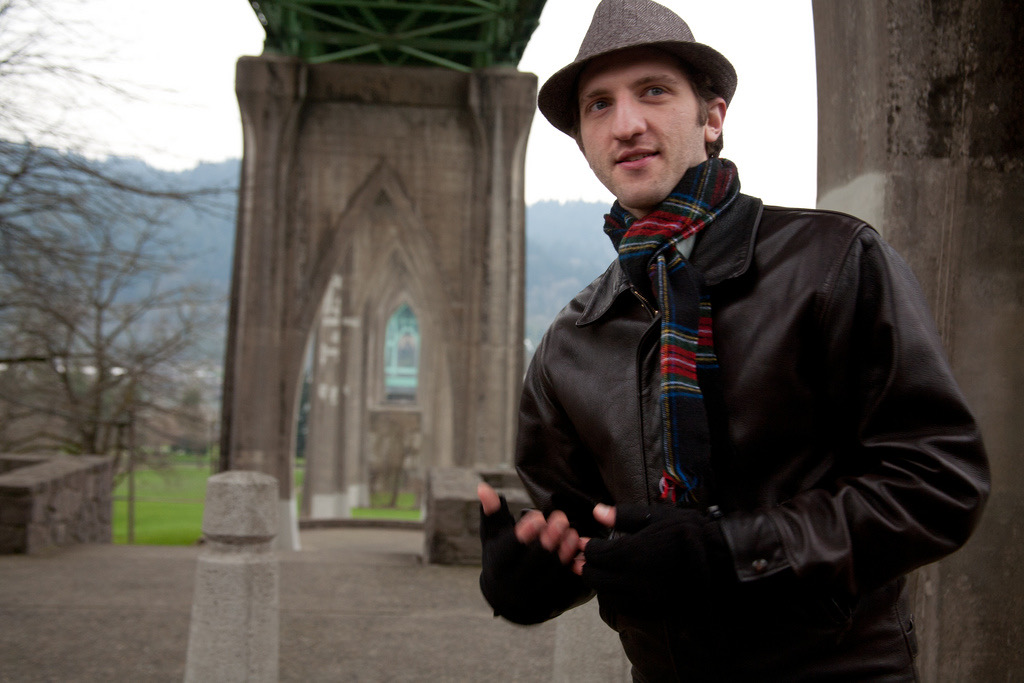
KBOO got me into SXSW, in Austin, Texas, 2012. Sadly, for them, they never took any reporting from me. But I published to my personal blog, and reposted at KBOO, the whole time.
This is the event that got me thinking a lot about my future and what I really wanted to be doing. Good reason for it: I had a blast!
They supplied a badge that gave me fast access to the whole event, cutting through every line. It gave me access to VIP rooms with daily booze tickets. I was just walking from one cool, interesting, fun thing to the next.
I really dug into the programming, watching indie films, listening to tech talks, seeing dozens of bands, like Nas, Donovan, Erykah Badu, Built to Spill, Blackalicious, to name a few. At that time, I was way more enthusiastic about tech stuff, which has come to dominate the festival. This is how I learned how to use hash tags, and all kinds of concepts around social media.
I was also in good standing with the stand-up comedy scene, because I was an open mic comic and producer/host. I was connected to comedian Kat Ramzinski and she let me sleep on her couch throughout the festival. She was a wild host. Every night, I’d come back around midnight while some local comics would be circled around in the living room, talking shit, passing blunts. I came home to a party every night, just about.
How did I stay grounded? I had my daily ritual in the press room. The press area was catered, so I could daily reset my hangover with bottomless coffee, tea, bagels, and if I was on time, sandwiches. The press shwag bag even came with Visine. I published a daily blog, giving me the chance to digest my experience and cross-reference my daily notes. This was the real work, and it was fun.
I really loved being part of the world from this position, as a journalist, but doing it in a kind of gonzo way, enmeshing with it, telling my story of being there, not pretending to be some objective voice with some great analysis. I was in the press room with professional journalists every day and they were not having as much fun as me, I could tell. Yet, my reporting was detailed and accurate. That seemed like a good journalistic model.
On the last day of the festival, I joined the SXSW softball tournament, the ad hoc team of media personnel. Teams were broken into segments, like artists versus producers. We made it into the second round. Oddly enough, I ran into KBOO’s top studio engineer Jay Bozich, on the sidelines.
I came back to Portland just a month later with the unexpected project of saving the Cathedral Park Jazz Festival. This entered me into a higher level of work in the Portland arts scene. I started to view all of my media work as an education, as direct research into festival and event production.
CPJazz tied me to the media from the opposing position. I was generating press releases, not receiving them. I was being interviewed, not doing the interview. There was a new kind of gratification in that. One begins to feel important.
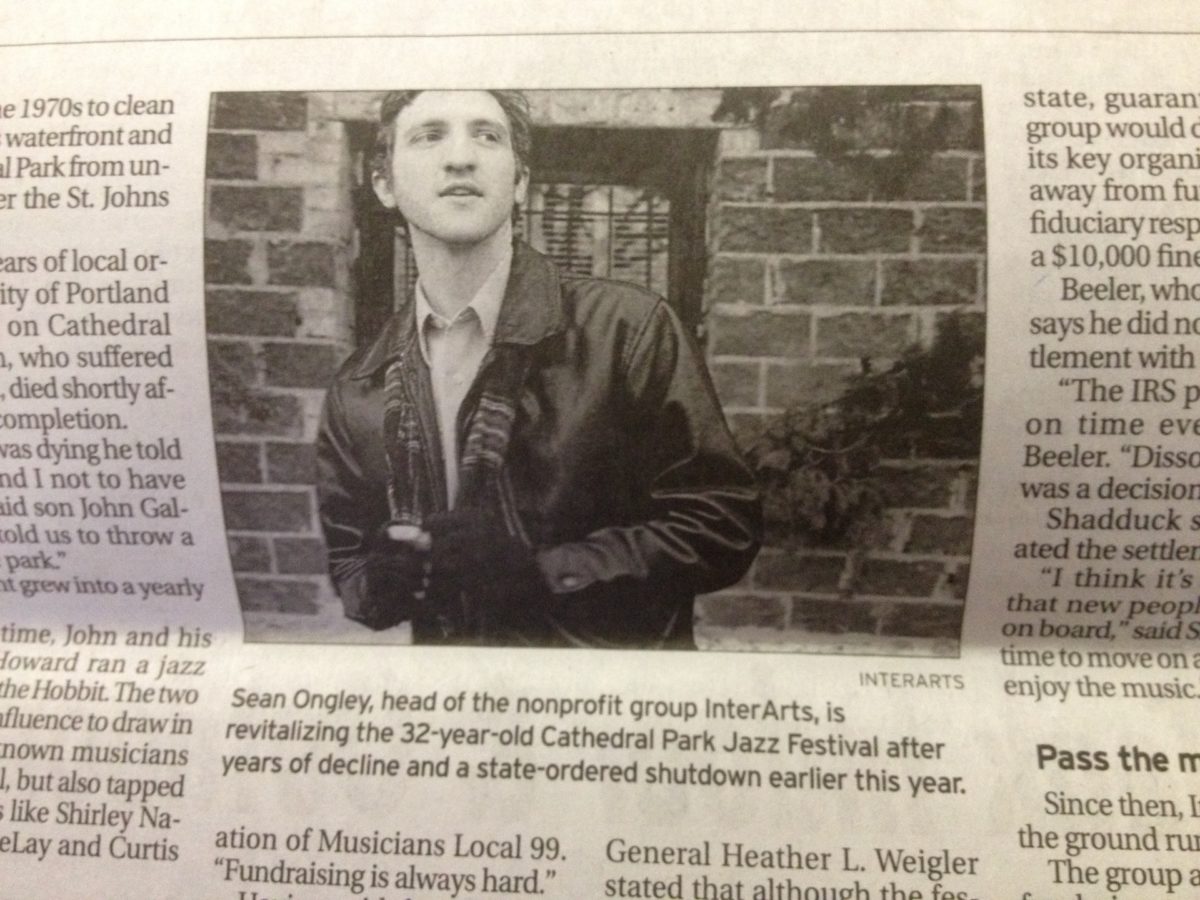
The jazz festival was a success, and within a few months I was building out The Point, a new HQ for InterArts. The intensive labor involved in the project carried through the winter of 2012. I was finally positioning myself effectively, so I believed.
In 2013, I took the InterArts website and utilized the blog function to publish arts reviews. I called it Arts Happening. This was the first year that I asked Portland Institute for Contemporary Art to give me press credentials for T:BA festival without KBOO’s involvement. They gave it to me, plus one additional writer. I got local noise artist and psychedemic (that’s psychedelic plus academic) friend Todd Dickerson to write his own series of posts, as well.
T:BA is something else, if you’re into that scene. The weather is amazing in Portland for the last two weeks of summer. You can rock the whole thing on bike and foot. Each night ends with a party and it’s a blast. It’s the opposite of actually running a festival, where you’re resolving everyone’s questions, if you can, before the next one comes up. Your whole stress response system is alert.
Going back to writing about festivals rather than producing them, I was reminded of how much more enjoyable and suitable it was to my character. Only a fair annual salary can justify the work I was putting into InterArts, but I didn’t know how to fundraise my own salary. I tried. I raised all-time high revenues in 2013 and it still wasn’t sufficient.
Then the dream of a magazine about arts and social commentary, mostly authored by artists, was getting more of my attention.
Despite succeeding in two CPJazz festivals, and opening an HQ, I was burned out, I was running out of money, and I wanted to abandon the organization, despite advancing it to its best position in five years.
Throughout the fall of 2013, I drew down InterArts and prepared for its administrative dissolution.
Meanwhile, I launched a podcast called Horizon at End Times. The idea was to start with my friends, just talking with artists about contemporary topics and implications for the future.
As the move-out date from The Point came closer, I sold lots of my stuff, and I concocted a plan that was supposed to generate a modest income to support me in California through December. I thought that going back to my soil of birth, to the global epicenter of the media industry, ten years from having moved away, I would invite some coastal winds under my sails to guide me toward the shores of my forthcoming career in media.
Instead, all of my plans failed. I went broke.
To be fair, I did get some content made: A handful of podcasts and some original music. Nonetheless, I was back to square one. My return to Portland was ironically on Todd Dickerson’s living room floor.
I started 2014 as a rugrat in the music house venue formerly known as the Alice Coltrane Memorial Coliseum and Wazoo. I couldn’t live on the floor, so I first needed a room somewhere.
